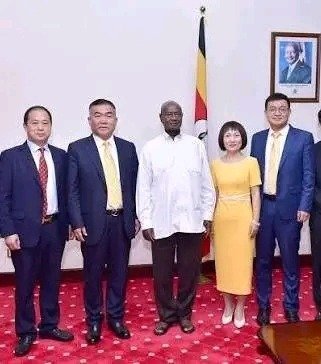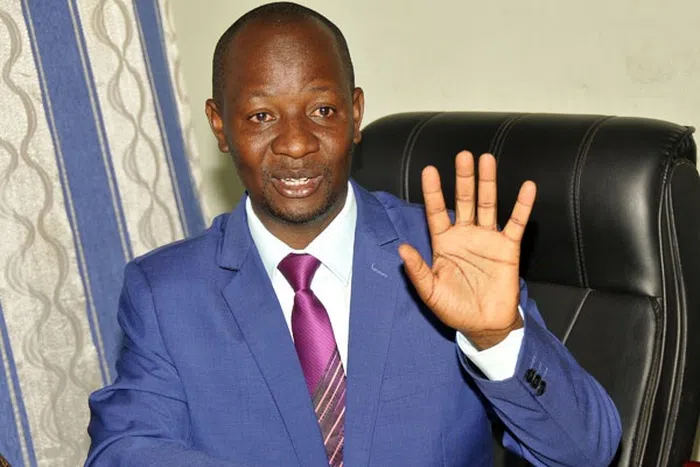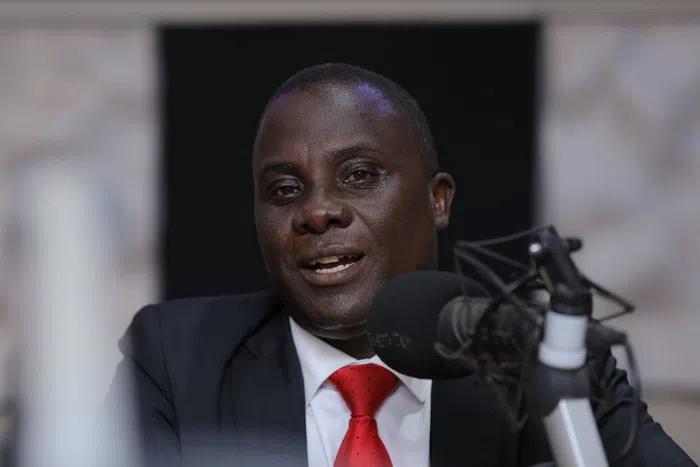
ENTEBBE – The Ugandan government has quietly allocated 150 acres of the protected Kitubulu Central Forest Reserve in Entebbe to Chinese billionaire Paul Zhang, in a controversial deal reportedly worth $500 million, according to sources familiar with the transaction.

The arrangement, which includes a tax holiday of over 20 years, will see Zhang’s Tian Tang Group construct a massive complex inside the forest reserve. The planned developments are said to include a new government administrative complex, a five-star hotel, a hospital, and a shopping mall.

The deal has drawn sharp criticism from environmentalists and policy experts, who accuse the government of “auctioning off” Uganda’s green heritage to foreign interests. The move has also been labeled as disrespectful to Africans, with critics pointing out that such an allocation of a protected forest would be unthinkable for an African investor in China.
The Brief Post, which first broke the story, identified State Minister for Investment, Evelyn Anite, as a central figure in brokering the deal.
When confronted, Minister Anite defended the government’s decision, framing it as a strategic move for national development. She stated that the project is part of a grand government plan to create an “alternative capital city” in Entebbe, ostensibly to decongest Kampala and establish a new administrative hub.
However, this justification has done little to quell the growing outrage. Policy experts warn that the project sets a dangerous precedent for the exploitation of Uganda’s protected ecosystems. The allocation of a Central Forest Reserve—land designated specifically for conservation—for commercial development directly contradicts environmental protection policies.
This is not the first time Paul Zhang and his Tian Tang Group have been at the center of a contentious government deal. The group is also behind the highly debated proposal to redevelop the century-old Luzira Prison into a luxury hotel complex.
The Kitubulu Forest deal, with its staggering value and extensive tax incentives, is likely to intensify the ongoing debate about foreign investment, environmental conservation, and national sovereignty in Uganda. As details continue to emerge, public scrutiny of the agreement and the roles of the involved officials is expected to increase.








